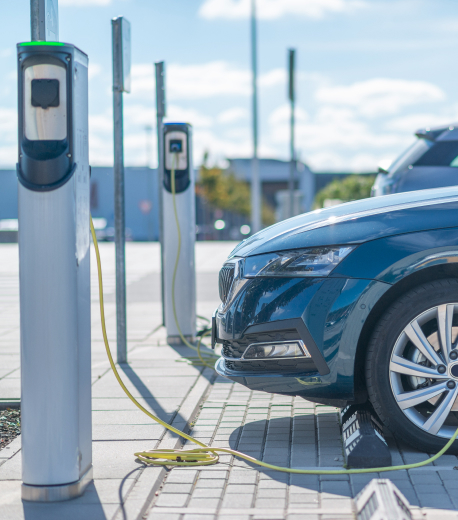A Comprehensive Guide by Affordable EV Charging Solutions
Embarking on the journey of acquiring an electric vehicle (EV) charger for your home or business is a significant step towards embracing the future of sustainable transportation. To ensure that you make an informed decision and select the ideal EV charging point for your unique needs, Affordable EV Charging Solutions presents this comprehensive guide. Feel free to explore the key considerations outlined below, and for any questions or personalized advice, don’t hesitate to reach out to one of our experts.

